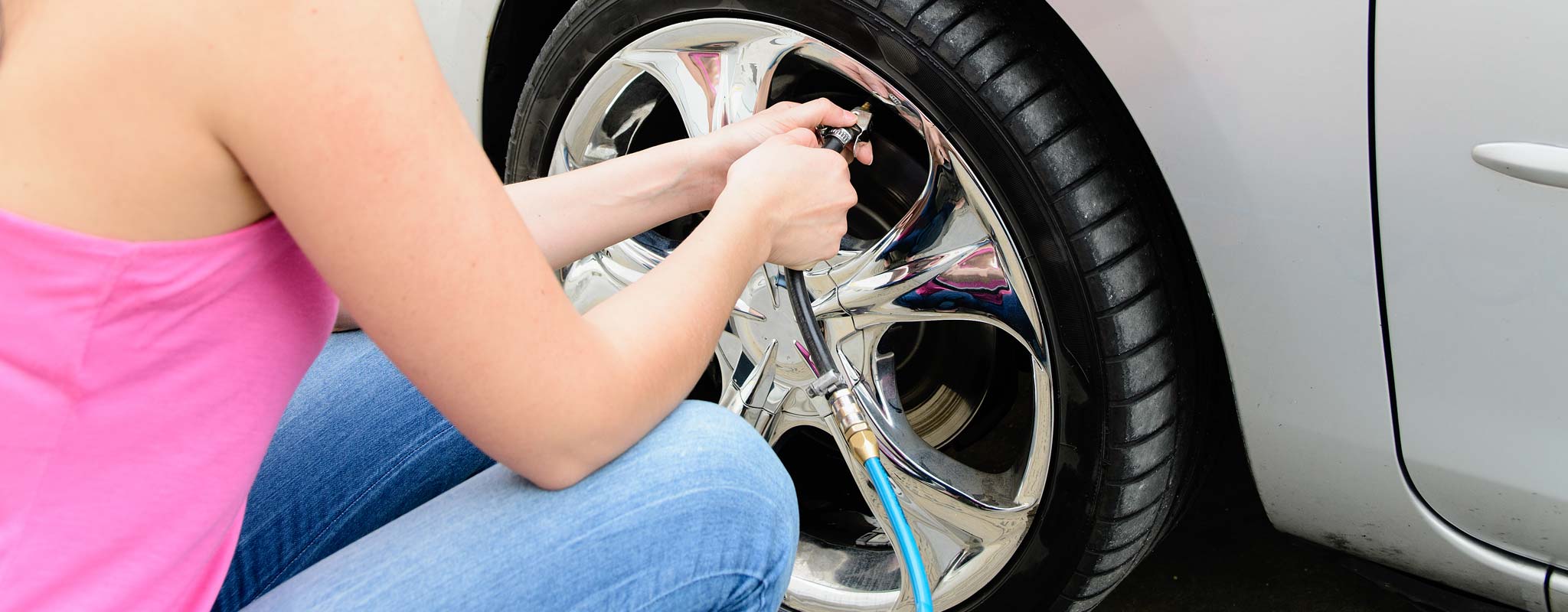
Efficiency is the word of the day in the 21st century. Be it at work, at home, or wherever else, being efficient is an important skill to have. The same applies to the fuel economy of your vehicle. Nobody is eager to throw money away, given that there are more efficient alternatives out there. Likewise, the environment will greatly thank you for looking into ways as to how to improve your vehicle's fuel efficiency.
One of the fastest ways of improving your fuel economy is to buy a new car with a better mpg, but this may not be an option for everyone. Luckily, however, there are other things that you can do to either maintain or improve your fuel consumption and get the best efficiency out of your vehicle as possible.
Regular Maintenance and Timely Repairs
The mechanical condition of your vehicle plays a crucial role in its overall fuel efficiency. When the engine is running smoothly, fuel consumption is at its lowest. Keeping your engine well maintained is essential. Proper maintenance and repairs are a great way to lower your costs, as well as any expensive repairs down the line.
 Checking your tire pressure is a cheap and effective way of decreasing fuel consumption. Statistics indicate that half of all cars in the US have at least one under inflated tire. Low pressure in tires increases rolling resistance which increases consumption. And for every pound underinflation, there's a .2% fuel burning increase. Not only that, but deflated tires can also lead to blowouts. Check your tire pressure every two weeks.
Checking your tire pressure is a cheap and effective way of decreasing fuel consumption. Statistics indicate that half of all cars in the US have at least one under inflated tire. Low pressure in tires increases rolling resistance which increases consumption. And for every pound underinflation, there's a .2% fuel burning increase. Not only that, but deflated tires can also lead to blowouts. Check your tire pressure every two weeks.
- Another example is to use lighter, synthetic oils for your engine. These will run cleaner and longer than their conventional counterparts, also saving you on other repair costs.
Your Driving Habits

By not stepping on the gas as much, you will also decrease consumption. The EPA states that the "average savings, assuming drivers are willing to slow down 5 to 10 mph and fuel costs $2.25 per gallon." In other words, for every five mph you drive over 50 mph, you'll be paying an extra 16 cents per gallon.
Keeping your cool, regardless of the traffic or driving conditions is not only good for your health but also your pocket. Aggressive driving with sudden stops, explosive starts, and sudden lane changes was shown to increase consumption to anywhere between 10 to 40 percent. On the highway, this is between 15 and 30 percent.
The Vehicle's Weight and Aerodynamics
For the average car, every 100 extra pounds will decrease your MPG efficiency by 1%. Smaller cars will be more affected by this ratio. Also, any external accessories such as roof racks, roof-mounted boxes, duffels, and anything else that will impact the aerodynamics of your car will also increase drag and increase fuel consumption. At speeds lower than 40 mph, efficiency drops by 2 to 8 percent, while at 65 to 75 mph, they can reach as much as 25% or more.
Each of these changes, individually, may not have a tremendous impact on your fuel consumption. But when you combine them, you will be sure to notice a big difference. For any maintenance and repair work, Mike Duman Auto Superstore is at your service. Our trained professionals will be more than eager to share their insights with you on how to optimize your car for best performance and minimum fuel consumption.
